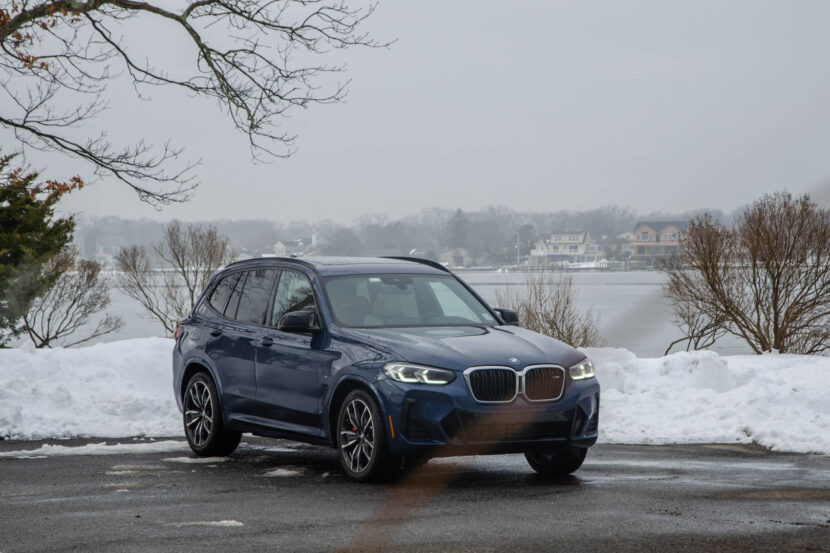The equally eccentric and genius Tesla CEO Elon Musk goes on the record to talk about the company’s plan to build the “Gigafactory” in Nevada. The 10-million square-foot Nevada plant will produce batteries from start to finish, beginning with raw materials and ending with battery-pack assembly.
Yet the battery factory won’t be entirely owned by Tesla. Panasonic will make an initial investment of $200+ million, with a cap of $1B in the future. Tesla says it will put up $2 billion to $3 billion.
Musk also talks about the electric vehicles market and its progress, and how battery technology is the biggest innovation that could come to EVs. Musk wants to cut the price of a Tesla battery pack by more than 30 percent, a huge cost saving not just for Tesla but for any maker of electric-operated vehicles.
Also the largest cost savings for Tesla will come from optimizing every aspect of the supply chain. Musk wants to go as far as importing steel and aluminum to stamp out cases for the battery packs. “It’s a lot faster, a lot less linkage, a lot less packaging, and inventory would be reduced,” says Bob Rauh, director of business development for automotive and infrastructure at Panasonic.
BMW co-developed its battery technology with Samsung SDI, while also using batteries developed by the Chinese-owned A123 Systems in its 3 Series and 5 Series hybrid models.
READ ALSO: BMW and Tesla meet to talk electric cars
Today’s Model S batteries are manufactured in Japan before taking the long boat ride to California so moving the production to the U.S. would immediately impact the bottom line. Musk plans to drive his energy expenses even lower with an expansive solar array and wind turbines on-site.
The Gigafactory will supply battery packs for 500,000 cars per year by 2020, but the company isn’t saying if the battery packs will be shared with other automakers as well.
The plant is expected to deliver its first battery pack in 2017.
[Source: Car & Driver]




































































